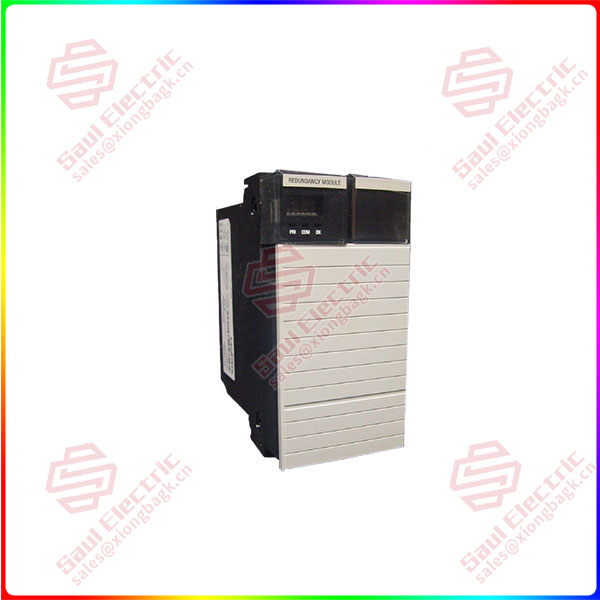At the moment when “stuck neck” has become a hot word, industrial software has continued to attract extensive attention from the industry, academia and political circles in China in recent years.
As the relevant software and system for R&D design, business management, product manufacturing, production scheduling and process control in the industrial field, industrial software has been recognized as the “brain and nerve of industrial manufacturing” and is the “crown” in the industrial field.
However, in the past period of time, “domestic industrial software lags behind the world’s highest level for at least 30 years,” “China’s industrial software market is seriously monopolized by European and American software giants,” “If Western countries fully implement the industrial software embargo on China, China’s industrial research and development and production will go where?” Such appeals and questions, one after another on the air of public opinion, shocking, it is difficult to ignore.
Why can’t our industrial software do it? Where is the domestic industrial software heterodyne? How can we accelerate the process of domestic substitution of industrial software? How can domestic industrial software “fight a turnaround”?
With this series of questions, we visited a number of first-line enterprises, and got an almost unanimous answer: Chinese industrial software people have confidence to fight back, but they need patience and endurance, “industrial software has no ‘corner overtaking’ said, there is no shortcut to go, otherwise a corner is a car accident.”
‘Chinese companies discriminate against Chinese companies’
One night more than a decade ago, in the coffee shop of Anhui Building, No. 1 Huixin West Street, Chaoyang District, Beijing, Li Chunyan, an agent of Honeywell and Emerson software, met with a founder of a well-known industrial software brand in China as scheduled.
The purpose of the meeting is not complicated – the latter wants to seek the help of Li Chunyan, hoping to use her accumulated years of industry channel resources, for his company’s DCS products into the petroleum and petrochemical field to push a force.

1757-SRM
In conversation, the price of the product is inevitably mentioned. Li Chunyan was surprised to find that the company’s software was only one-tenth the price of foreign software, but it was still difficult to break into the market. “This strikes me too much! It is not easy for domestic industrial software to find a breakthrough!”
Over the next decade, Honeywell, Emerson, Siemens and others cut their prices by more than half to capture the Chinese market. Li Chunyan founded her own industrial software brand “Beijing Zhitong Yunlian Technology Co., LTD.”… As time turns, people in this industry come and go, ups and downs.
Unfortunately, ten years later, even though the price is still much lower than foreign software, domestic software is still in the dilemma of finding a market breakthrough: the market share is only 6% in the global market and less than 10% in the domestic market.
Why? Because even though the industry public opinion is crying out for “independence” and companies are seeking “domestic alternatives”, in front of the market, these enthusiasm are still inevitable to be poured a basin of cold water.
In the survey, we found that some domestic software companies are qualified due to problems such as brand and scale, and many projects in their hands can only be “hidden behind foreign companies or large Internet companies”.
A Beijing industrial software company executive revealed that the company’s products in Southeast Asia, Japan, South Korea market are progressing smoothly, but many domestic projects can only be undertaken as party C, “things are we do, credit and name is others.”
A Shanghai factory IT buyer also told reporters that the traditional manufacturing field of procurement attitude has always been conservative, a large enterprise procurement “no lack of money, to buy to buy the best”, two small and medium-sized enterprises “a penny would like to break into eight flowers, after all, the cost of trial and error in addition to a few hundred thousand dollars of money, there is precious time, can not afford to delay.”
“It’s sad that Chinese companies are discriminating against Chinese companies.” Li Chunyan said. A number of other industrial software executives interviewed echoed similar sentiments. A significant number of executives worry that, in the long run, it will be difficult to achieve healthy and sustainable growth without expanding profit margins to cover research and development costs.
 1 Year Warranty
1 Year Warranty





